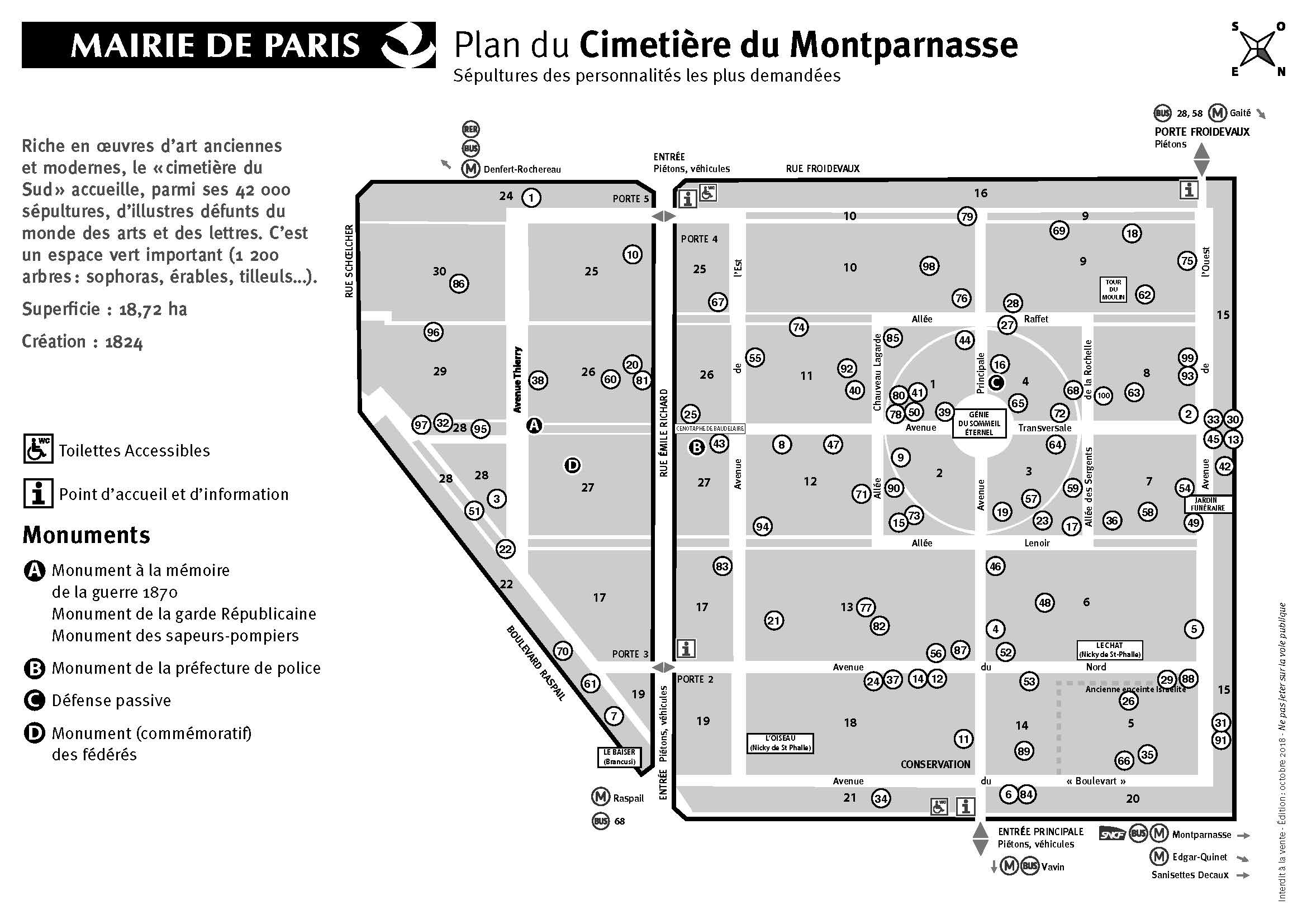Jean-Paul Sartre
Not-So-Fun Fact
In 1993, French author Bianca Lamblin wrote in her book Mémoires d’une jeune fille dérangée (Memoirs of a deranged young girl, published in English under the title A Disgraceful Affair) of her sexual exploitation by Sartre and Beauvoir. Lamblin claims that while a student at Lycée Molière, she was sexually exploited by her teacher Beauvoir, who introduced her to Sartre a year later. Sartre and Beauvoir frequently followed this pattern, in which Beauvoir would seduce female students and then pass them on to Sartre.
As more women came forward, the appalling truth about Beauvoir is she was a sexual predator of the worst kind, grooming some of her female high school students in Rennes for threesomes with her and Sartre, as documented in her own letters to Sartre and in the book Tête à Tête by Hazel Rowley.
There have been 3 headstones for the graves of Simone de Beauvoir and Jean-Paul Sartre. In 2010 the marble plaque that had been placed on his grave when he was buried in 1980 and that had been stolen shortly thereafter. It turned up in, of all places, Columbia. The plaque was stolen by the Colombian poet Arnulfo Valencia. Columbian author William Ospina apparently was told at some point by Valencia that he had stolen it and was still in possession of the plaque, but at the time Ospina didn’t believe him. When Valencia died recently, he told his daughter on his deathbed that he still had the plaque, which he said had been broken into four pieces.
Cemetery Information:
Final Resting Place:
Cimetière du Montparnasse
3 Bd Edgar Quinet
Paris, , 75014
France
Europe
Map:

Grave Location:
Division 20Grave Location Description
As you enter through the main entrance, at the intersection of Avenue Principale and Avenue du Boulevart, turn right on Avenue du Boulevart and count 8 spaces on your right and you will find the final resting place of Jean-Paul Sartre and his companion Simone de Beauvoir.
Grave Location GPS
48.840263, 2.327223Photos:
Read More About Jean-Paul Sartre:
- Published Obituary
- Wikipedia Entry
- The Nobel Prize - Sartre
- Jean-Paul Sartre: The nothingness at the heart of his philosophy.
- Enough With The Beauvoir Mystique
- Sartre and De Beauvoir were sexual predators of a selective cadre of her students
- Did Simone de Beauvoir's scandalous open 'marriage' to Sartre make her happy
- What Simone de Beauvoir and Jean-Paul Sartre taught me about love






